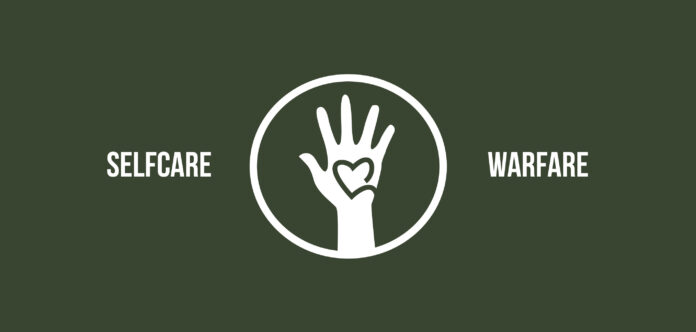Continuing on with the theme of oppressive ideologies that are related to LGBTQIA+ identities, in this column I’m going to be talking about transphobia, an oppressive and marginalising form of hatred and misunderstanding that is often aimed at those whose gender presentation does not match our expectations – specifically trans, genderqueer and gender non-conforming folk.
Let me first note that I identify as a designated male at birth – queer demi-guy, which is a genderqueer identity. For me, this means that I do not wholly identify with the male gender even though I was designated male at birth and quite often present in a traditionally masculine manner. The reason I point this out is that because I am male-bodied and masculine presenting, but do not wholly identify with the gender I was assigned at birth. My experiences of misgendering do not compare to those whose gender identities and bodies do not read as “coherent” in our culture.
If you follow any social justice tumblrs or watch “Portlandia” and enjoy the Women First Feminist Bookstore parody sketch that Carrie Brownstein and Fred Armisen perform frequently, you’ve probably come across the idea of “misgendering” someone. You’ve probably also come across the phrases “don’t gender me,” and “gender police” during your scrolling. What the sketch and those two phrases refer to are what underlies a lot of transphobic thinking, the idea that our sexed bodies (whether our bodies are determined to be male or female to whoever is looking at us) do not determine what our gender identity is.
For example, Laverne Cox as a trans woman of color is female even though she may have at one point had a male body. Those cries of “he-she” by conservatives and those who do not recognize her gender identity cut deeply. The fact that she at one point had a male body has no reign over her gender expression (the way she dresses, acts, etc.) because sex and gender are not the same thing.
So what does it mean to gender someone? And what do these Internet users mean when they say “gender police?”
Basically, they are pointing out the fact that sex and gender are not the same thing, and that to believe that they are is wholly transphobic because it denies the experiences and narratives of those who do not conform to the gender-sex binary (that if you are designated male/female at birth you identify as male/female). They are highlighting the fact that the assumption that one is a specific gender based on the idea that male or female bodies mean male and female genders (respectively) is oppressive. This is because the assumption silences and erases the experience of a person who does not identify as the gender that you have forced upon them.
Additionally, when you refuse to acknowledge the gender that a person identifies with, you reinforce the notion that you must act and present yourself in a specific way in order to identify as a specific gender. When someone says to “stop gendering me” they are asking you to stop assuming that you know someone’s gender identity without asking that individual first. When someone asks if you are the “gender police” they are asking if you are the authority on which all gender presentation must go through in order to be deemed acceptable.
Relating this to self-care then brings up the idea of unlearning that gender presentations should be aligned to the bodies that one has, or that we know at first glance someone else’s gender identity. It means we should stop assuming someone’s gender at first glance. It means that we need to stop thinking trans bodies and individuals who do not fit what we think are “legitimate” expressions and presentations of certain gender identities are somehow “wrong.” It means that we need to make a conscious effort to ask someone what their preferred gender pronoun is so that we do not make the mistake of misrepresenting their gender identity. It means that we need to stop limiting our own gender expression to what we think is “appropriate” for the body that we inhabit and ask why we think they are “appropriate.” It also means fighting toward the end of institutional gender inequalities (because expanding our gender roles doesn’t necessarily do much for ending sexism/transphobia/homophobia/etc…).
It may seem as if this sort of stuff is arbitrary and not at all important, however in order to create a loving and caring community it is essential. You see, upholding gender stereotypes and assuming/misgendering others’ genders contributes to gender-based oppression within our culture. By assuming we do not allow people to articulate their self-identities to the world, we erase their experiences and place them into a box that they do not want to be placed into. By gendering others and policing others’ gender presentations we end up reproducing the inequalities that so many of us often say that we are against. By policing ourselves, we fail to see the fun that can be enjoyed through playing with gender and exploring our relationships with the gender identity(ies) that we identify ourselves with.
It’s 2015, stop gendering people.
Contact Gilbert Gammad at gdgammad@ucdavis.edu




